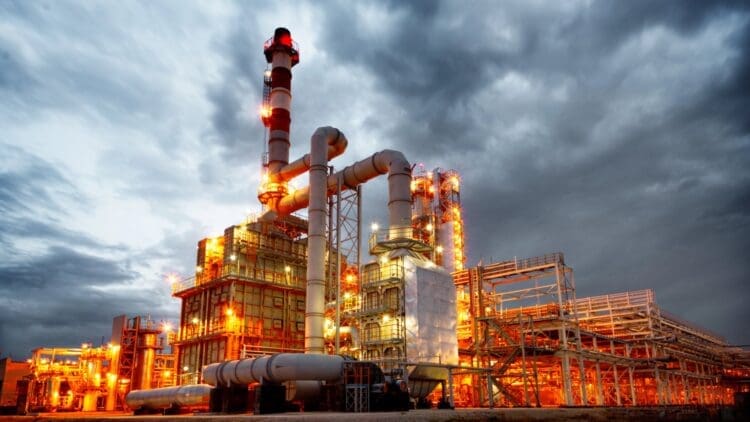Africa’s energy future is looking bright as midday sunshine, thanks to the litany of projects being developed on the continent. Now, the Namibian and Botswanian governments have announced that they will launch a joint feasibility study to assess the proposed $4 billion joint oil refinery. Africa has long relied on imports of energy resources while exporting the vast majority of their oil and gas to the European continent as well as Asia. But a new trend is emerging in Africa that sees several nations opting to commission huge projects that reduce reliance on imports and strengthen domestic supply chains and infrastructure.
Namibia and Botswana have joined forces to expand domestic energy production
Namibia and Botswana have plans to launch a joint feasibility study for the proposed energy project that will undoubtedly be the most important development in Africa’s energy biosphere. While still in the exploratory phase, the proposed project will cost between $3 billion and $5 billion, and the Namibian and Botswanian governments have plans to launch a joint feasibility study to assess several mitigating factors that need to be dealt with.
Both nations have potential locations that would work perfectly for the project, with Namibia’s Walvis Bay being the most likely candidate due to its deep-water port, coastal access to export markets, and established logistics infrastructure. Ghanzi in Botswana is more likely to serve as a storage and distribution hub due to Botswana being a landlocked nation.
International energy companies and investors are turning their attention to Africa, finally
For far too long, the international energy community has overlooked the African continent as a potential investment platform to boost global energy production and supply. Namibia has recently garnered the attention of the global energy sector due to the major oil discoveries in the Orange Basin, where Shell and TotalEnergies have operations ongoing.
Africa’s domestic energy production needs substantial investments
The cross-border feasibility study is the first step on a long road for the planned project. While nothing has been set in stone yet, the project is expected to pass muster following the completion of the joint feasibility study. However, energy industry experts have urged caution. If Namibia and Botswana plan for the project to be financially viable, they need to secure long-term purchasing agreements.
Additionally, to be an investment worth making, the project will need to deliver a minimum capacity of 100,000 barrels per day, which is significantly higher than the current domestic demand. The proposed refinery represents an emerging trend in the African energy industry, as more nations aim to commission huge projects that reduce reliance on imports and boost domestic production.
According to Namibia’s Ministry of Mines and Energy, the feasibility study will assess several factors
Due to the fact that the project is still in the early days of exploration, the Namibian government has stated that the joint feasibility study is essential to assess the technical and financial feasibility, as well as any potential environmental impacts. With other nations scaling up production, as Russian energy flows into the US and EU have all but halted, Africa is set to become a major player in the international energy sector.
With the latest sanctions on Russia taking hold, more nations are set to increase domestic production
The world begrudgingly has relied on Russian energy for generations, but due to Moscow’s ongoing war in Ukraine, the EU and the United States have imposed new sanctions on Russian energy resources, essentially leaving buyers scrambling to find alternative suppliers. With Europe set for record petrochemical imports in the near future, regions like Africa will surely see more business coming their way. The Namibia-Botswana refinery is a prime example of what Africa is capable of when differences are put aside to boost domestic energy production.






